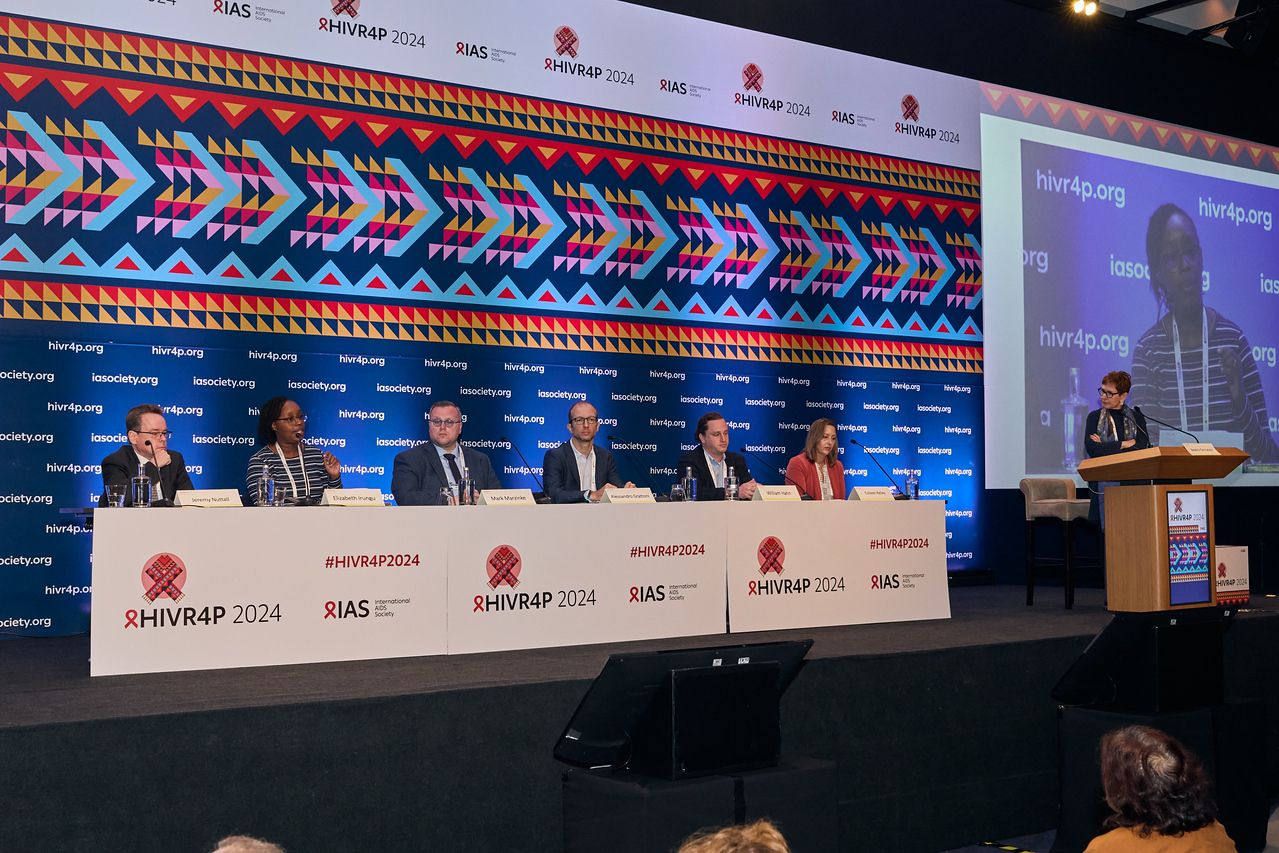Health
Burundi Celebrates HIV Prevention Advancements

Significant progress in HIV prevention was revealed at the HIVR4P 2024 conference, with new data showing that lenacapavir, a groundbreaking biannual injection, could drastically reduce HIV transmission rates. The study, PURPOSE 2, was among the conference highlights, showing lenacapavir’s efficacy in diverse high-risk populations across several countries, including Argentina, Brazil, and South Africa. Only two new HIV cases were recorded among 2,184 participants, indicating a 96% reduction in HIV acquisition.
“Lenacapavir for PrEP has the potential to transform the global HIV prevention landscape for people of all genders,” said Beatriz Grinsztejn, President of the International AIDS Society. She emphasized the need for global cooperation to ensure rapid and fair access to this promising tool. Despite positive steps, concerns linger as licensing gaps may limit lenacapavir’s availability in parts of Latin America.
The HIVR4P conference also showcased other advances in HIV prevention, particularly for women. In South Africa, a three-month dapivirine vaginal ring, designed to be used quarterly instead of monthly, was found to be pharmacokinetically superior, offering increased convenience and cost-effectiveness. Studies in five African countries demonstrated a growing demand for PrEP options, with women able to choose between daily oral PrEP and the dapivirine ring. This flexibility is seen as crucial to increasing adherence and long-term effectiveness.
In Burundi, where HIV prevention remains a critical health challenge, these advancements could provide game-changing solutions. Health advocates anticipate that with wider access to these prevention tools, Burundi’s response to HIV can become more resilient, especially in communities with high transmission rates.
Grinsztejn underscored the importance of ongoing collaboration: “By making these tools accessible, we can better serve vulnerable populations and move closer to ending the HIV epidemic worldwide.” The enthusiasm at HIVR4P 2024 signals a promising step forward, not only for Latin America but also for regions like East Africa, where innovation and access can make a profound difference.zon, the future of HIV prevention in Burundi and beyond looks increasingly promising.

